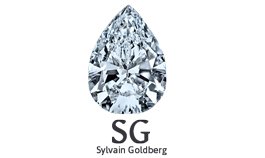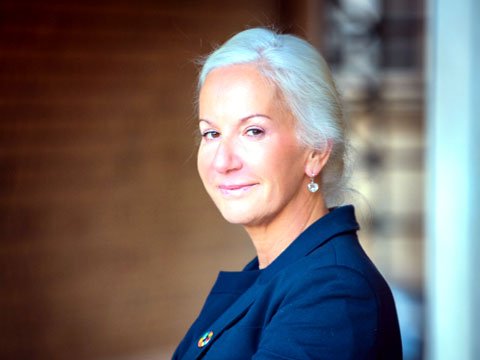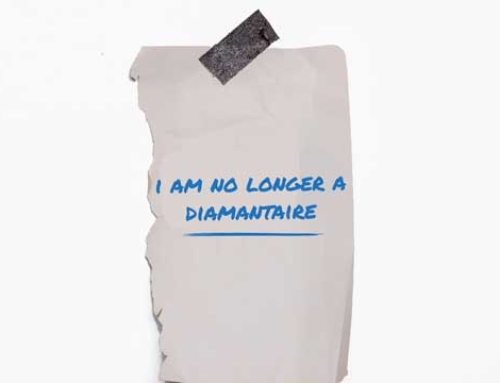The Responsible Jewellery Council (RJC) is currently planning its strategy to help retailers guarantee the ethical source of their jewellery for consumers, but also compliance with the required standards in terms of sustainable development.
“The group, whose mandate is to establish benchmarks for the jewelry market, will celebrate its 15th anniversary in 2020 and reflect on the next step in its development,” said Iris Van der Veken, newly appointed Executive Director, and David Bouffard, Chairman of the Board.
“We need to look at the next 15 years,” said David Bouffard. “We have before us a new generation of young consumers who are looking for the guarantees that the RJC provides. Many of our members are retailers. We need to develop a toolkit to help these companies benefit from their membership for the benefit of consumers.”
Although no such assistance has yet been presented to retailers, David Bouffard plans to offer online tools and content for social networks that jewellers can use to promote their participation in the RJC.
To date, the RJC has focused on increasing its membership in the B2B (business-to-business) sphere, but consumers generally do not know what it does or what it represents. Developing methods for retailers to use the RJC to improve their brand is an area on which the non-profit organization will focus in the future, he added.
Geographic growth
The RJC has grown from 14 founding companies in 2005 to nearly 1,200 members today. They are active in the mining, manufacturing, wholesale and retail sectors, in the gold, platinum, diamonds, coloured stones and silver segments of the jewellery market.
In addition to getting the message across to consumers, the group’s management believes that the number of members can still increase, pointing to opportunities in Asia and South America, but also in its more established markets of Europe and North America.
“This work goes beyond simply recruiting new members,” said Iris Van der Veken, who joined the RJC in April. It also aims to raise awareness among existing members of its code of practice and how they can improve the implementation of the group’s references.
Sustainable objectives
The RJC recently updated its code of practice to include colored stones and silver and to align its due diligence requirements with those of the Organisation for Economic Co-operation and Development (OECD). The revisions also set new benchmarks to detect undeclared synthetics and provide updates to its guidelines on labour practices, human rights issues, environmental benchmarks and better integration of gender and vulnerable groups.
Iris Van der Veken believes that the Code of Practice provides a strong framework to help companies advance their sustainable development agenda and helps industry align with the 17 UN Sustainable Development Goals (SDGs). “When we look at how to approach the next 15 years, our strategy is about sustainable growth, under the aegis of the SDGs,” she added. “These objectives offer great opportunities and we need to determine how we can contribute to them as an industry.”
Building communities
From the outset, the RJC’s objective was to align the industry with a set of responsible business practices and ethical procurement. As the organization enters its new phase, some of the more established members are asking for broader participation by working exclusively with other RJC members.
For example, Rio Tinto, a founding member, requires its partners to be certified by the RJC. “Similarly, Signet Jewelers encourages the support of its stakeholders and approximately 95% of the jeweler’s purchases come from RJC-certified companies,” noted David Bouffard, Vice President of Corporate Affairs at Signet. Such a model generates an “interesting community of suppliers,” he explained.
“For the RJC to achieve its goal of building trust among consumers who buy jewellery, it is essential to work together and create such synergies,” added Iris Van der Veken.
“The key is to build consumer confidence, as consumers are more aware than ever of the choices they make and the challenges of sustainable development,” she said. “They must have confidence that the product they are buying online or in a shop has this stamp and meets the appropriate procurement requirements. They need to know that the RJC has the capacity to do this.”







